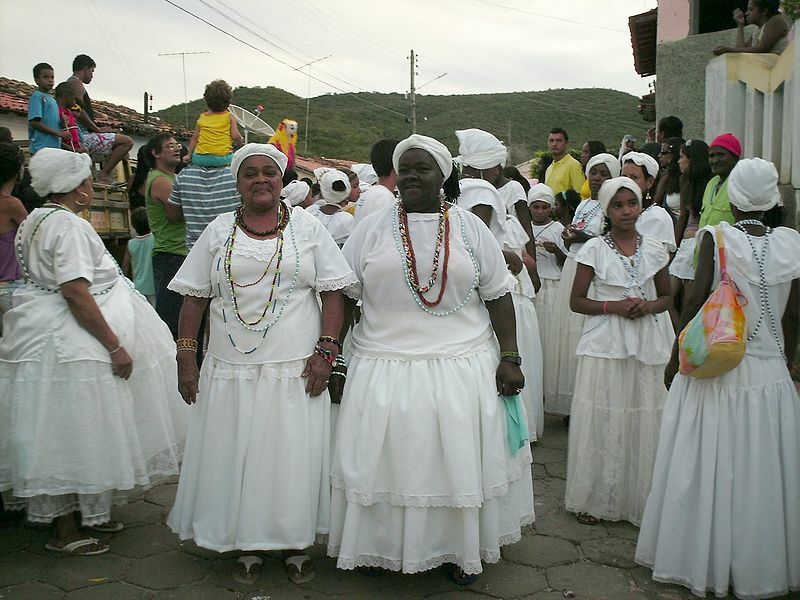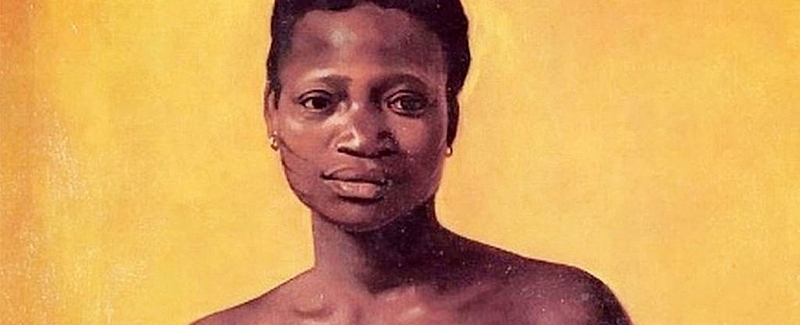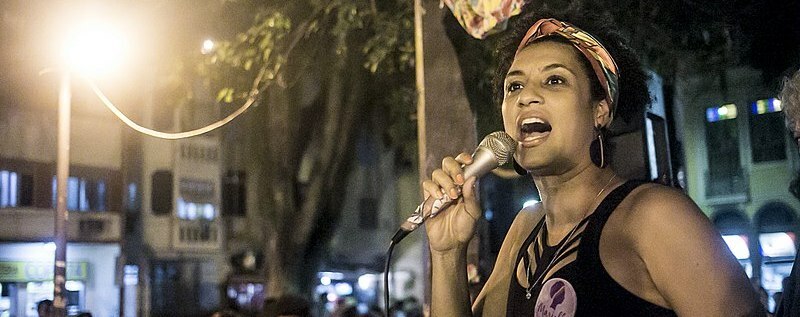
Dear reader,
This Monday marked thirty years since the first convention of Afro-Latin American and Afro-Caribbean women held in the Dominican Republic. At this 1992 meeting, women of African descent from 32 Latin American and Caribbean countries developed policies to advocate for a more equitable, safer hemisphere for their intersectional group.
From this historic event, they founded a network that still thrives today with over 450 members and established a day to commemorate the contributions made by women of African descent. This group currently comprises 28 percent of the Brazilian population and are especially dominant in the northern state of Bahia, where they make up 40 percent of the population and are an integral part of the region’s culture.
For instance, colorful busts of black women in a coquettish, relaxed pose - a light smirk as they lay a cheek upon the palm of their hand - adorn windowsills around northern Brazilian. Innumerable popular songs are dedicated to the beauty and liveliness of these women, most notably Gilberto Gil’s Toda Menina Baiana (All Girls from Bahia).

Yet their influence and contributions are not just concentrated in that region. While their presence in Brazil and Latin America originate from the brutal European slave trade, women of African descent have played a fundamental role in shaping the societies, cultures, and politics of their countries.
Here are three Brazilian women that epitomize their legacies on the thirtieth International Black Latina and Caribbean Women's Day.
Tereza de Benguela

The namesake for this holiday in Brazil, Tereza de Benguela was a Black fugitive slave that went on to become founder and Queen of the Quariterê quilombo, until her assasination in 1770. Quilombo refers to a community of fugitive enslaved peoples of African descent in Brazil, the amount of which grew as defiance to Portuguese rule increased in the 18th century.
Tereza de Benguela embodies the many heroic Brazilian women that spearheaded slave resistance movements in Latin America. As leader of the Quariterê quilombo in Mato Grosso, she guaranteed the freedom for her community of over 200 fugitive Black and indigenous slaves through just politics and economics.
She was brutally assassinated following an official expedition that destroyed the Quilombo and re-captured the slaves in July 1770. Yet, the memory of Queen Tereza’s brave defiance lived on as an inspiration within the anti-slavery movement for decades to come.
In 2014, the Brazilian government officially deemed July 25th the National Tereza de Benguela and Black Woman Day.
Clementina de Jesus

Poor and forgotten, Clementina de Jesus died as she had long lived. Her hoarse, raspy tones became the voice of black heritage and had come to revolutionize samba music, if only for a moment.
The granddaughter of slaves, Clementina was raised listening to her mother sing and pray in traditional Afro-Brazilian dialects. While she continued to immerse herself in music, both in daily life and through samba groups, Clementina worked as a housekeeper and laundress until the age of 63.
Only in this ripe period was she noticed by musical producer Hermínio Bello de Carvalho at her performances in local restaurants and taverns. She quickly began to record albums and play at festivals, even participating in the first World Festival of Black Art and performing at the Cannes Film Festival in 1966.
The same year, Clementina recorded her first solo album, cementing her unique and genuine style of samba. Musicians like Milton Nascimento, Pixinguinha, and Clara Nunes continued to collaborate with the artist and critics revered her as the bond between Brazilian and African music and culture.
With a late beginning to her career and isolation by the music industry, Clementina’s fame was short-lived. After only a decade of recognition, she returned to performing in local steakhouses and taking care of her home in Rio de Janeiro.
When she passed away in 1987, only 50 people attended her burial. Even with her nationwide fame and outsized influence on one of Brazil’s most popular genres of music, she suffered the fate of ingratitude and scarce recognition that many black women face.
In August of 1979, the music column of Veja magazine profiled Clementina with the title “This old lady”, representative of the public disregard and disposability that she long faced. Both in her personification of Afro-Brazilian identity and humility – the root of her popularity and demise alike – Clementina de Jesus left a significant legacy on the country’s culture.
Marielle Franco

Politician, feminist, sociologist, and human-rights activist, Marielle Franco was a symbol - a martyr even - of the movement against Black and female opression.
She served as city councilor for the Municipal Chamber of Rio de Janeiro within the Social and Liberty Party (PSOL) until her assasination on March 14th, 2018. A single-mother from a low-income background, she went to write her Master’s thesis on her disagreement with the government’s aggressive police unit tasked with eradicating gangs from low-income Brazilian communities (UPP).
Avid spokesperson and activist against police brutality, she headed multiple committees and round-tables encouraging constituents to become involved with social issues, especially regarding women’s rights. Her outspoken personality led to great opposition within the government, especially as she introduced bills calling out its repressive policies.
Following her protest against a Black boy’s murder in an apparent gang police raid, she was brutally shot in her car alongside her driver. Her murder led to international protests against police brutality and activist homicides, with thousands gathering in her wake. Every candidate except for now-President Bolsonaro condemned her murder in the 2018 Brazilian elections.
In her heroism and accomplishments, Franco has since become a political symbol, and reminder of the ongoing fight against Black and female oppression.
